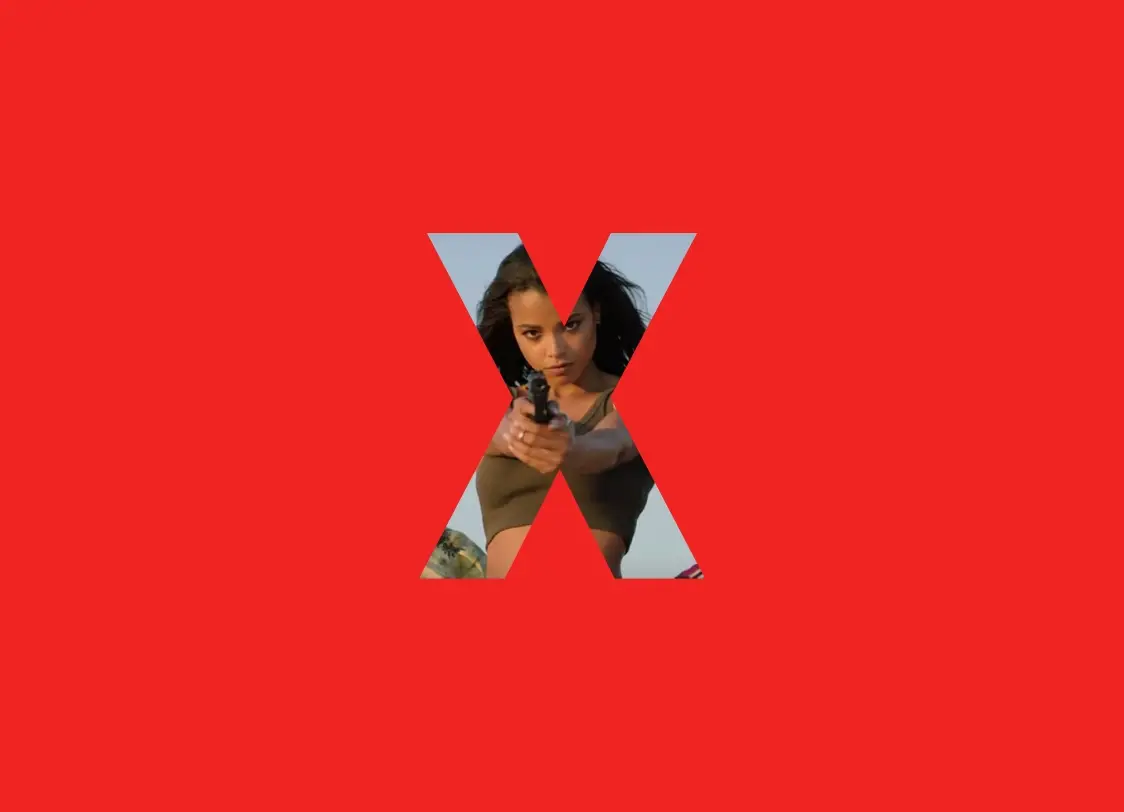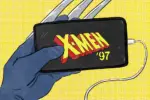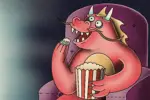You might have heard of the new “Charlie’s Angels” movie — the trailer has been played before movies in the theater, at the beginning of YouTube videos and on Instagram ads for months. In short, the marketing department has been pushing it hard. However, the late November premiere did not speak highly of the studio’s expectations for the movie.
Ultimately, the reboot grossed less than expected, and when critics and moviegoers decried the trend of reboots and remakes driving intellectual property into the ground, director Elizabeth Banks shot back by questioning the double standard of action movie fans. If people have been willing to watch three reboots of the Spider-Man movies over the last 20 years, why wouldn’t they be willing to watch a female-led franchise that hasn’t seen the silver screen in nearly two decades? It’s a fair question.
Admittedly, “Charlie’s Angels” features an eye-catching cast. The film stars Kristen Stewart, Naomi Scott and Ella Balinska, and also features Banks and Patrick Stewart. Kristen Stewart is probably the biggest name among the Angels for a younger audience, and the actress manages to pull off a humorously charming performance, but her character receives less development than the majority of the cast.
Likewise, Scott puts in a better performance than her appearance in “Aladdin,” and Balinska — a relative newcomer — is commendable, particularly in doing many of her own stunts.
The plot of the film follows a young software developer (Scott) who realizes her company has created a potentially dangerous technology and teams up with Charlie’s Angels to put a stop to it. To be honest, it’s a basic spy plot that involves training montages, disguises and undercover work that takes the form of fights and car chases.
However, the aforementioned action is choppily edited in a way that drains much of the excitement, and the story is not particularly compelling to make up for this lack of entertainment. The humor could save the film if the other elements were operating in high gear, but this is not the case. Kristen Stewart, who might be looking for a big-budget return after her indie successes, feels a little wasted. “Charlie’s Angels” is not terrible, but it is forgettable, which unfortunately can kill a franchise in the blink of an eye.
Banks’ comments are not unwarranted. As female-led action movies have gained traction in recent years, movies with strong feminist messages that intentionally neglect including leather-cat-suit-wearing women in their cast have encountered significant backlash. The quintessential example is, of course, “Ghostbusters” in 2016, which gender-swapped the cast of funny scientists and was viciously roasted online.
It became such an issue that boycotts were being called by people who never would have seen the movie in the first place, and others felt obligated to go to prove a point. While the vitriolic reaction to the dropping of the trailer cannot be disguised as anything other than pure sexism, it’s important to note that the movie was also a cheap corporate cash-grab and too mediocre to be worth all the fuss it got.
Then came “Ocean’s 8,” which played more like a sequel to the already remade “Ocean’s 11” franchise, but formed a crew of eight women to pull off a heist. By all accounts a better movie than “Ghostbusters,” the 2016 adaption, “Oceans 8” was also hit by a strong negative response that combined complaints about unnecessary reboots and feminist agendas into such a tightly wound miasma that one cannot separate the two.
https://www.instagram.com/p/BmJUywbnW1c/?utm_source=ig_web_copy_link
Meanwhile, many other movie franchises have been rebooted in the intervening years with more “meh” reactions rather than boycotts and trailers that become the most disliked video on YouTube. And movies starring women that are not reboots (i.e. “Captain Marvel”) are barraged with accusations of being anti-men for merely suggesting that misogyny exists.
So yes, Banks is right that “Spider-Man: Far From Home,” the sequel to the third reboot of a Spider-Man franchise, made a billion dollars at the box office and female-led action franchise reboots have come under fire by a toxic community of internet trolls, but this has very little to do with why “Charlie’s Angels” did not succeed.
For reference, the original show “Charlie’s Angels” began airing in 1976 and followed a trio of women working at a private detective agency run by the mysterious and reclusive Charlie Townsend. Reviews at the time were mixed, and the show gained a negative reputation for banking on the sexual appeal of the female leads. However, it was considered a hit in Nielsen ratings and aired for five seasons, as well as in syndication.
In 2000, it was revived in parodic action-comedy form with a movie directed by McG. The movie marketed itself on the star power of Lucy Liu, Cameron Diaz and Drew Barrymore, in addition to over-the-top shenanigans, transforming the Angels into goofily sexy globe-trotting super spies.
It’s a film that exudes everything the early 2000s thought were cool and funny within the framework of a paint by numbers plot. It’s light viewing if you can ignore the way the characters are sexualized and can bring back a nostalgic feeling. Ultimately, it’s what the brand “Charlie’s Angels” became known for.
Banks’ version borrows more heavily from McG’s than the original TV show, and some could interpret Banks’ reboot to be a reaction to the 2000 movie. Once again, the Angels are more spies than detectives and the story is primarily action-comedy fare. The feeling given off by the trailers of a rollicking party does not quite manifest, but it seems to have been the intent as opposed to an outright parody.
Rather than countless slow motion hair flips, Banks allows the women to be sexy and seductive without turning the camera into an outlet for the male gaze. Girl power is a major theme that coincides with the Townsend agency serving as a sort of international sorority focused on bringing evildoers to justice.
Meanwhile, the role of Bosley, Charlie’s assistant from the original series, is turned into a title rather than a name, with Banks appearing as a new member of the Bosley ranks, ascended from her time as an Angel. Along with a twist at the end of the film about Charlie himself, it works to erode the power of men within the franchise.
The idea is to extricate the story from the TV show’s reputation as “Jiggle TV” and McG’s montages of half-naked Diaz dancing, but the film’s efforts might be in vain. Who among us is a massive “Charlie’s Angels” fan, but sees it as highly problematic in hindsight? Who was hoping that someone would come along and fix it? An argument could be made that there is nobility in going back to reclaim the past, but, ultimately, “Charlie’s Angels” could have just as well have been forgotten.
















